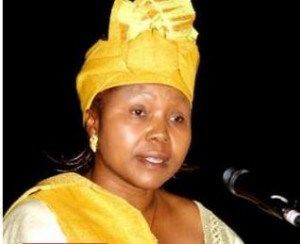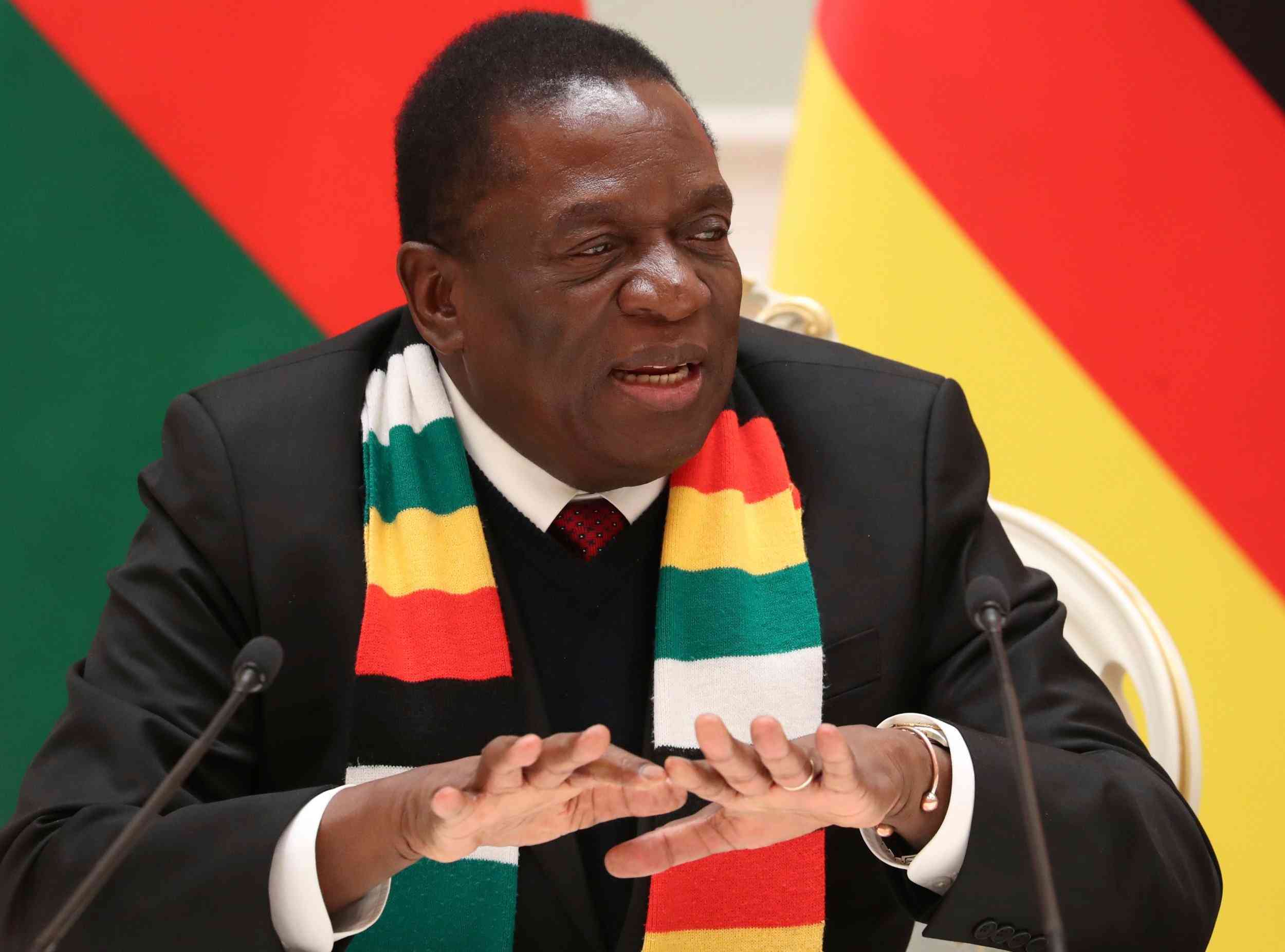
CASES of young girls who are being sexually abused even by the very people who are supposed to guard and watch over them are a cause of concern to gender experts and officials.
BY PHYLLIS MBANJE
They said law enforcement agencies and the judiciary are not doing enough to protect the victims, accusing them of trivialising cases of sexual abuse. This came out last week at a female legislators women’s conference on taking leadership in ending rape and sexual violence on the eve of the 16 days of activism against gender violence.
The story of Sipho (17) brought tears to female legislators.
Her cries for help went unheeded, her flailing arms were viciously pinned to her sides and helplessly she watched as the man she called uncle brutally raped her, robbing her of her innocence.
The violation ended in a pregnancy which is a constant reminder for the teenager whose dream of pursuing her education has been shattered.
“I cannot keep the baby. Keeping it will be a constant reminder of the violent act and what will I say when questions of how conception took place are raised later on,” she said.
As Sipho bravely narrated her ordeal at the hands of a trusted relative, the stark reality of the deeper and damaging effects of this social scourge were laid bare.
- Chamisa under fire over US$120K donation
- Mavhunga puts DeMbare into Chibuku quarterfinals
- Pension funds bet on Cabora Bassa oilfields
- Councils defy govt fire tender directive
Keep Reading
Thirteen-year-old Chipo also took to the podium. Because of her age and evident bulging stomach, she struggled to maintain composure. Her innocent face was at loggerheads with the heaving stomach and like Sipho, it was the product of rape.
“He was my neighbour whom I had known for years. He tore my clothes and raped me. What hurts the most is that for destroying my life, he only served six months. I do not want this baby,” she said in between sobs.
The last to testify was 18-year-old Rudo who was raped by her employer who has since been acquitted.
“I feel that the judiciary system has let me down because not only was I violated in the most despicable manner, but I now have no job and cannot support my ailing mother and my young child,” she said.
All three teenagers are currently housed at a shelter provided by the Musasa Project.
Women Affairs, Gender and Community Development minister, Oppah Muchinguri expressed dissatisfaction with the judicial system.
“I note with concern that the current sentences being handed down to the perpetrators for rape and sexual violence are not deterrent enough,” she said. “As legislators, move motions in parliament that will compel magistrates to give mandatory sentences of all cases involving rape and sexual abuse,” she said.
British Ambassador to Zimbabwe, Deborah Bronnert said it was inspiring to see MPs from across the political divide uniting for a common cause.
“Wherever we are from, whatever political views we hold, we all have a responsibility to see how we can work together globally and locally to act against sexual violence,” she said, adding that a strong political commitment was needed.
The director of Musasa Project Netty Musanhu said her organisation’s shelter for abused women and girls was overflowing, a clear sign that the problem was very real and was on the rise.
“The three girls who testified today are currently in our care but they need a lot of support and are currently being counselled but it is a long hard road,” said Musanhu.
Gender-based violence is a social scourge
Netty Musanhu said gender-based violence was a social scourge that needed collective efforts.
Adding her voice to the stand against keeping quiet about sexual abuse, the director of The Women’s Trust (TWT) Memory Kachambwa said police and the courts trivialise reports and perpetrators go free.
She challenged women to speak out against violence.
“Women are like lambs going to the slaughter. None of them cry out and in their silence allow predatory males to continue to prey on them,” said Kachambwa.
The chairperson of the Women’s Parliamentary Caucus, Monica Mutsvangwa called for synergies between the legislators and development partners in addressing rape and sexual violence.
“This a welcome development and as legislators across the political divide, let’s push and promote gender equality.”
She also spoke on marital rape which she termed “intimate violence”.
“If a woman says no to the husband sometimes it is because she has noticed some symptoms of sexually transmitted infections and just wants to be safe,” she said.
The conference sought to equip female legislators to be advocates against rape and sexual violence and provide a platform for them to come up with strategies on zero tolerance in their constituencies.









